
Find Help
More Items From Ergsy search
-

What are the potential consequences for a company that fails to recall a dangerous product?
Relevance: 100%
-
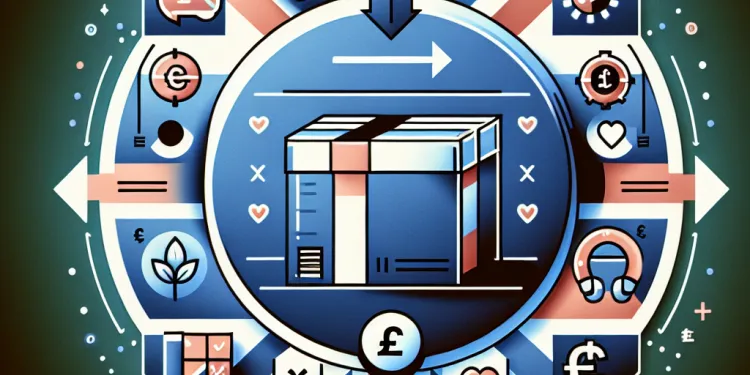
What is a Product Recall in the UK?
Relevance: 54%
-
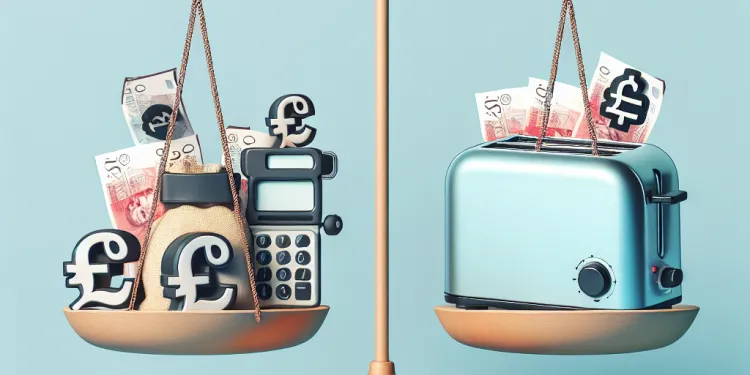
Are there any penalties for not complying with a product recall?
Relevance: 50%
-
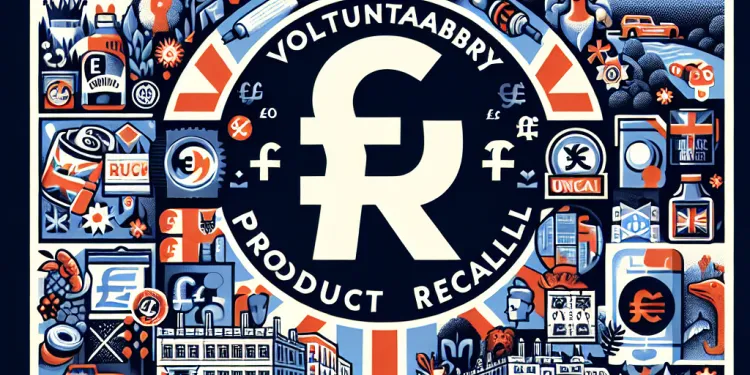
Can a product recall be voluntary?
Relevance: 49%
-
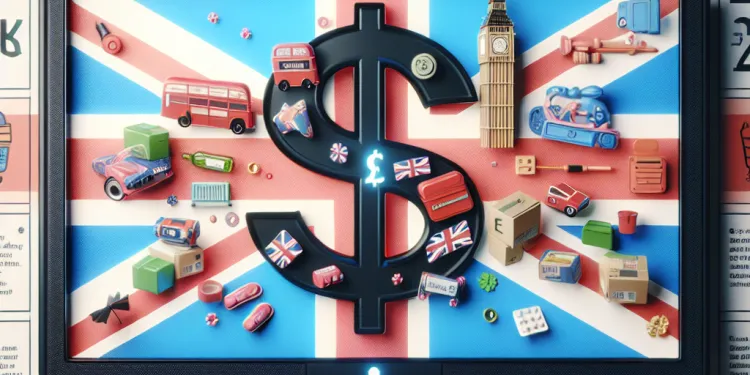
Can recalled products be resold?
Relevance: 48%
-
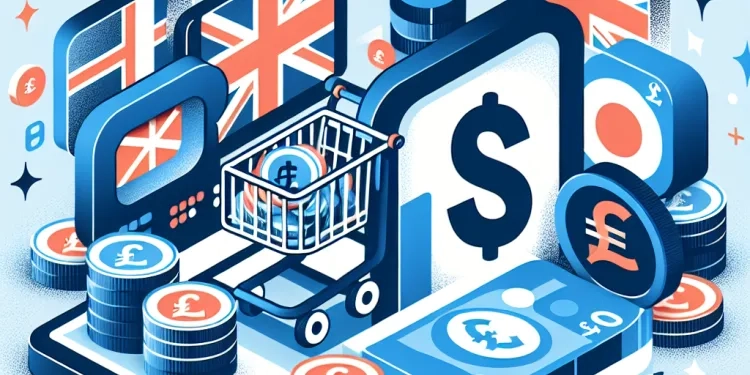
How are product recalls managed in the UK?
Relevance: 47%
-
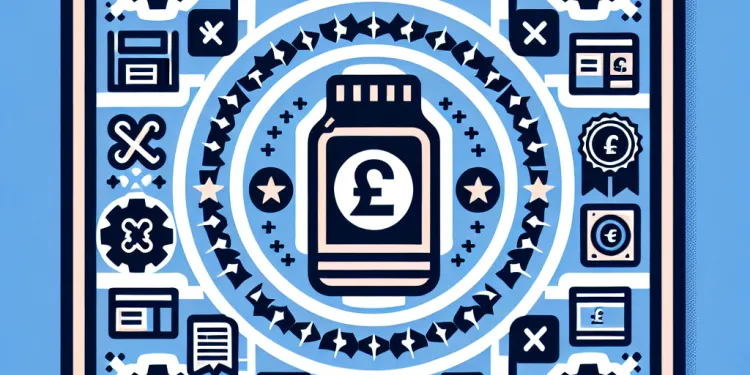
Can product recalls be reversed?
Relevance: 47%
-
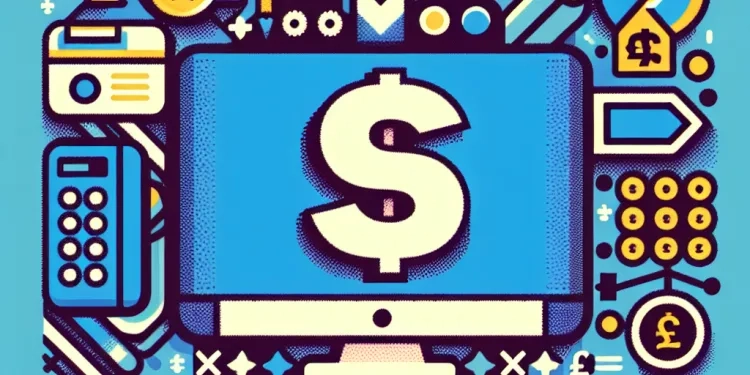
What are common reasons for product recalls?
Relevance: 44%
-
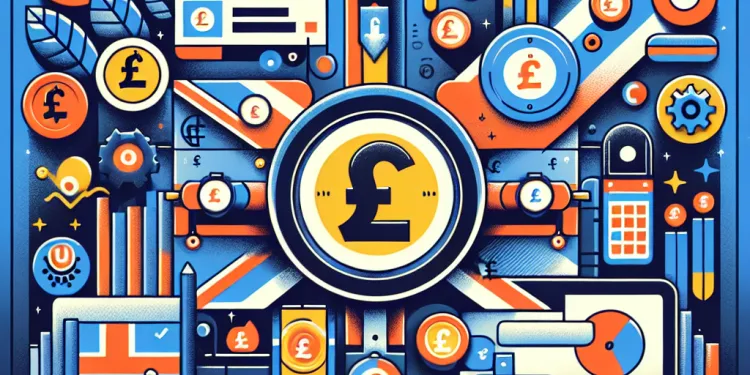
How are consumers informed about a product recall?
Relevance: 44%
-
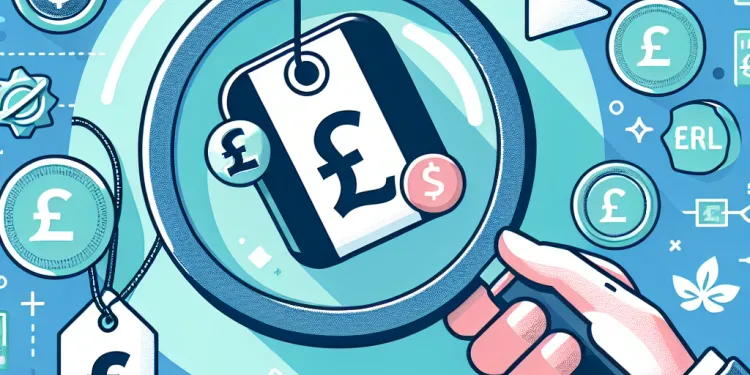
Who can initiate a product recall in the UK?
Relevance: 43%
-

What is the role of the Office for Product Safety and Standards in a recall?
Relevance: 41%
-
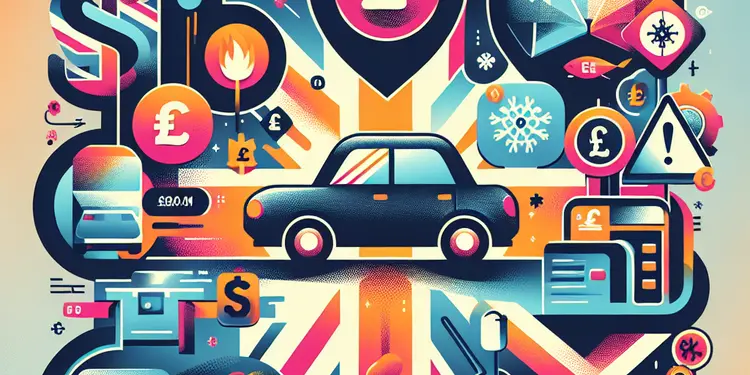
What are the consequences of dangerous driving?
Relevance: 39%
-
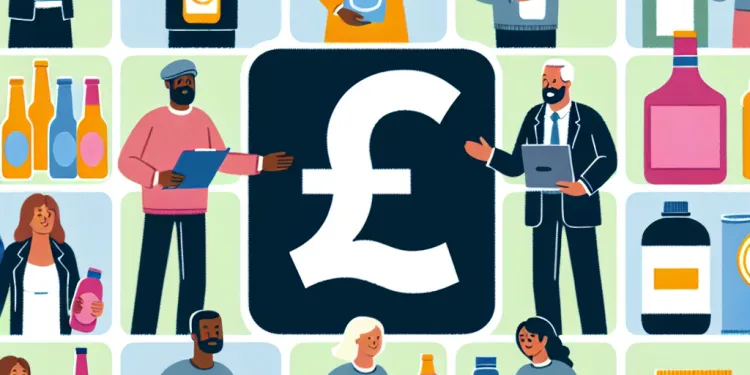
What role do consumers play in the recall process?
Relevance: 38%
-

How often do product recalls occur?
Relevance: 30%
-

What should I do if a product I own is recalled?
Relevance: 30%
-
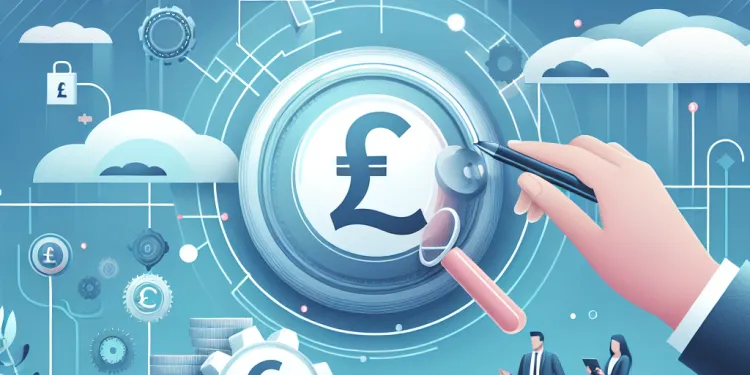
What should businesses do if they discover a product defect?
Relevance: 29%
-
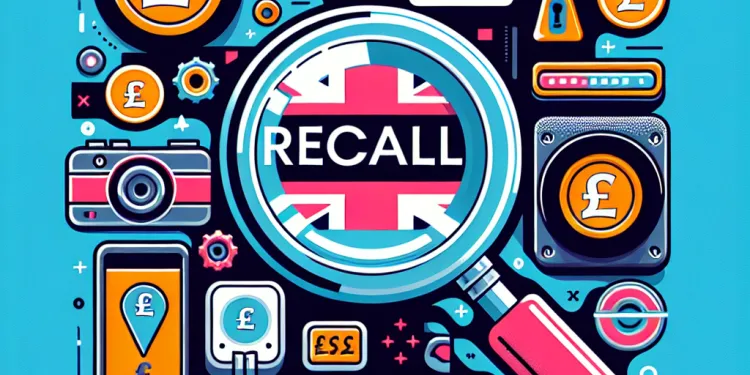
Which regulatory authority oversees product recalls in the UK?
Relevance: 29%
-
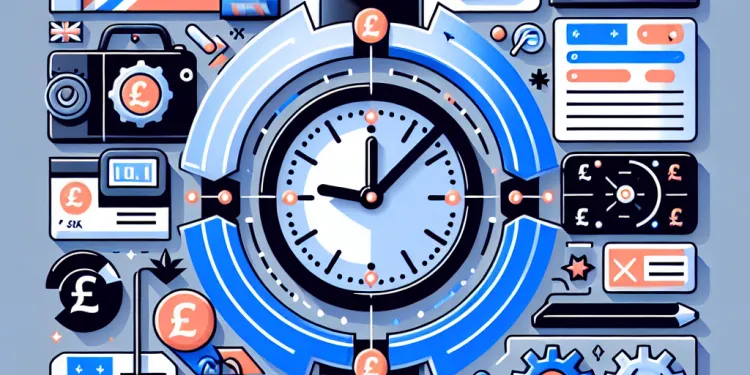
How long does a product recall usually last?
Relevance: 28%
-

What types of products can be recalled?
Relevance: 28%
-
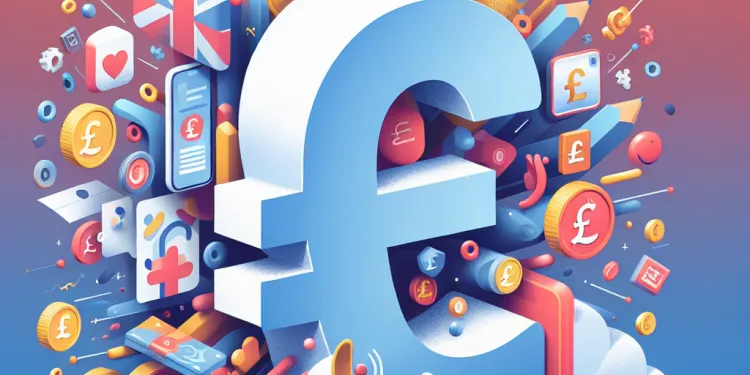
What is the difference between a product recall and a safety notice?
Relevance: 28%
-

Are all car finance products potentially subject to mis-selling?
Relevance: 26%
-

What is dangerous driving?
Relevance: 25%
-
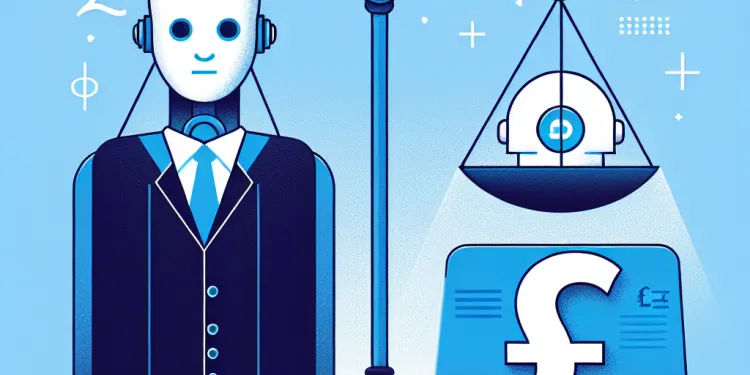
Legal Experts Warn of Consequences in Upcoming AI Regulation Bill
Relevance: 24%
-
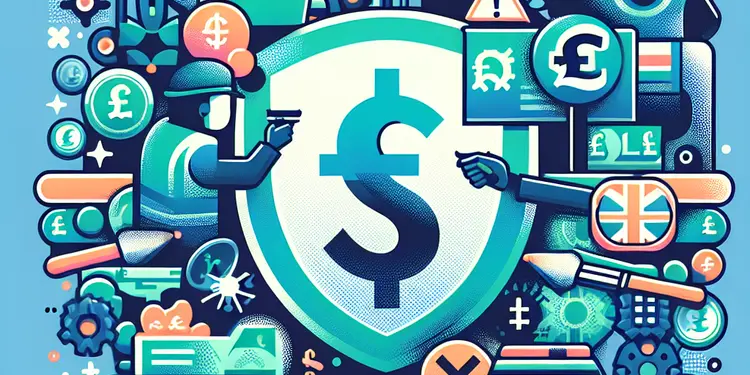
What is the difference between careless driving and dangerous driving?
Relevance: 23%
-
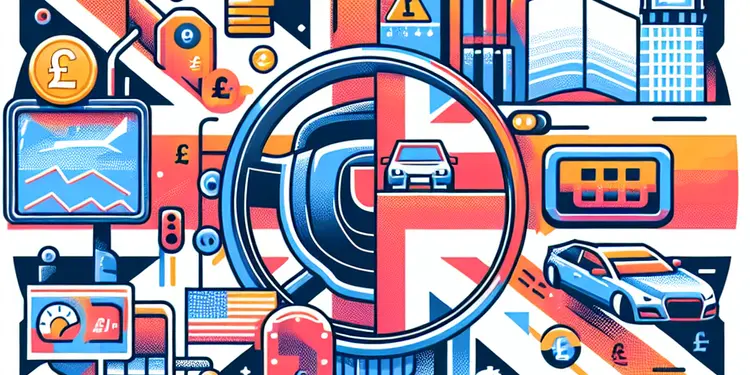
What is considered dangerous driving?
Relevance: 23%
-
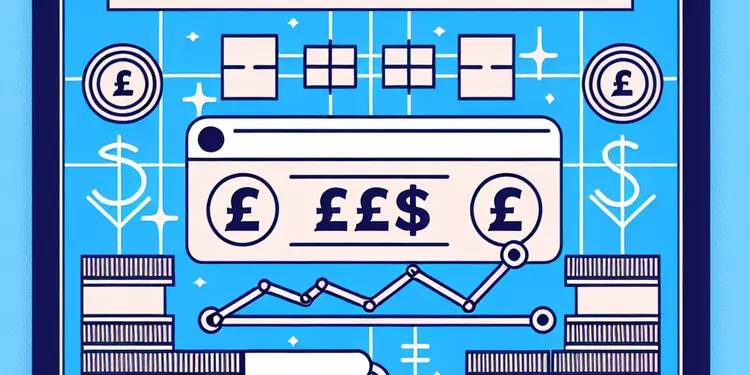
Is the production of ketamine regulated?
Relevance: 23%
-
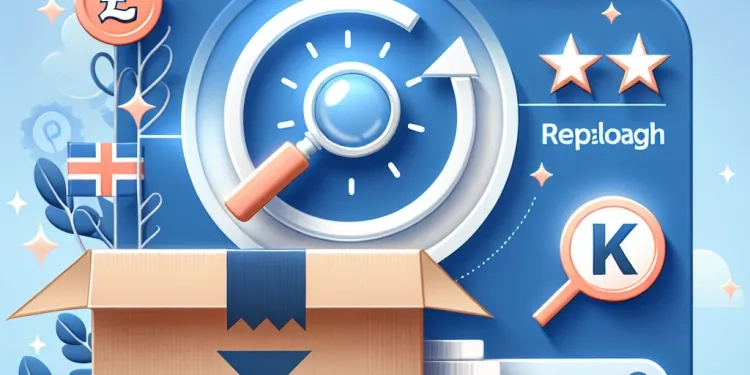
What is a product recall?
Relevance: 23%
-
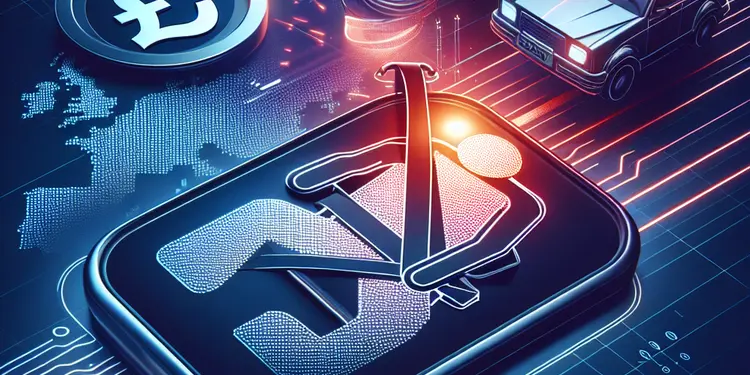
Is driving without a seatbelt considered dangerous driving?
Relevance: 22%
-
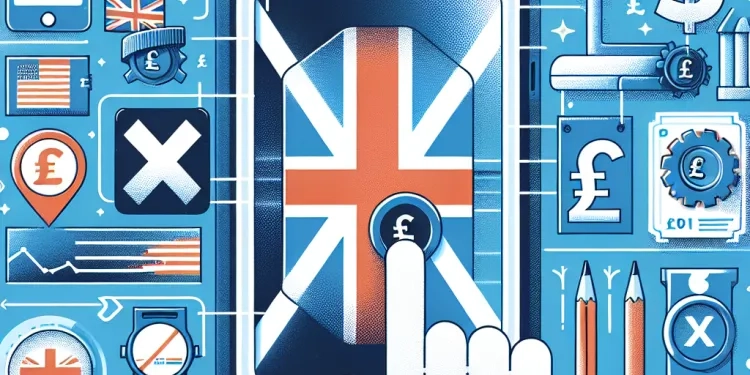
How does the recall process affect consumers?
Relevance: 22%
-
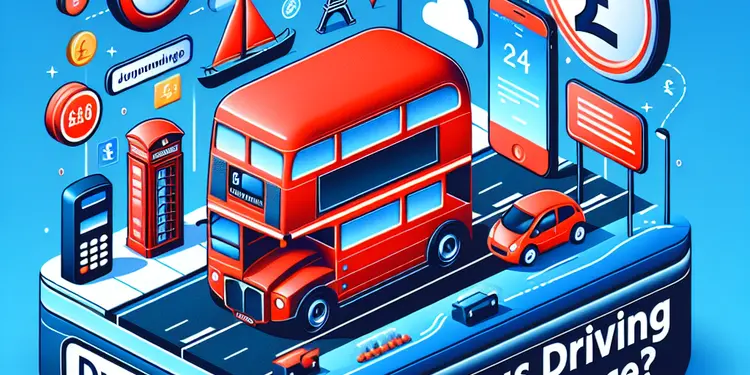
How can dangerous driving affect my insurance?
Relevance: 21%
-
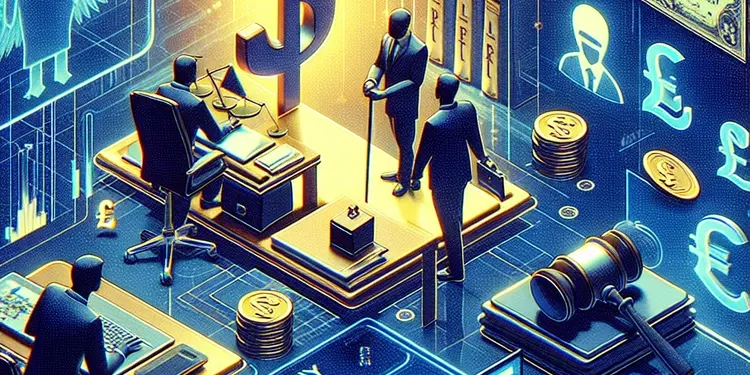
Company Director Disputes
Relevance: 21%
-
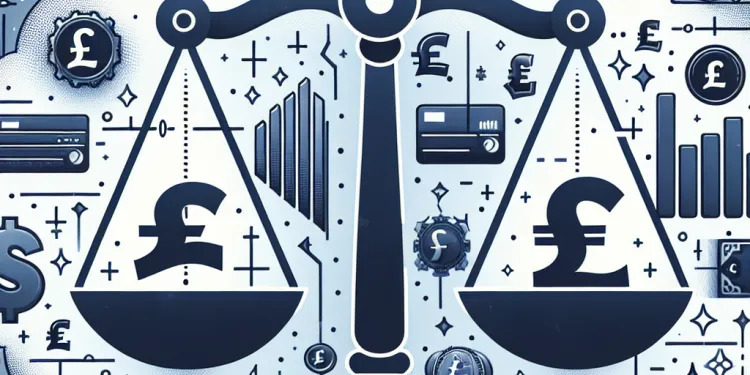
What are the consequences for banks not complying with transparency standards?
Relevance: 21%
-
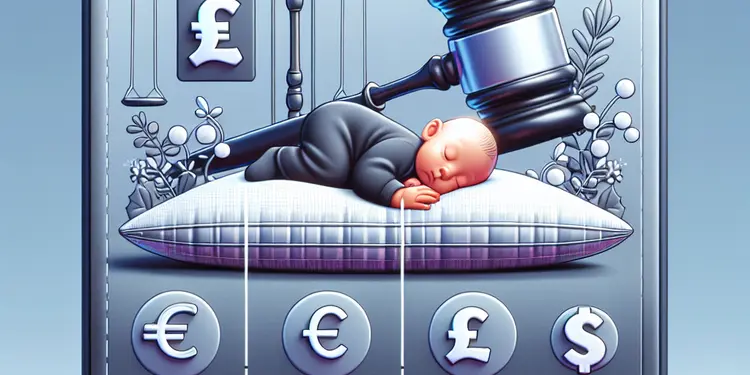
Are there any regulations on the sale of baby sleep pillows?
Relevance: 21%
-
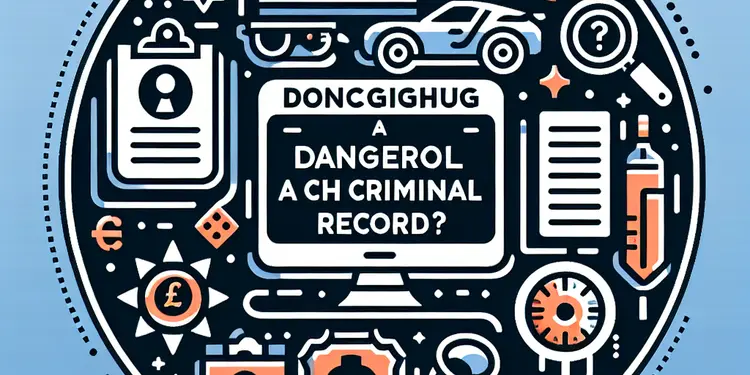
Can dangerous driving lead to a criminal record?
Relevance: 21%
-
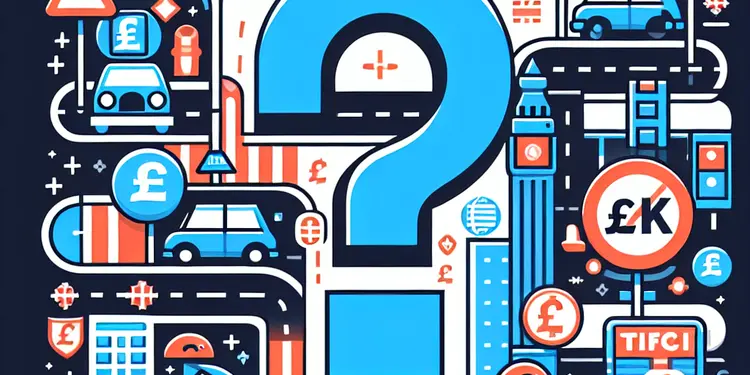
Are there specific laws against dangerous driving?
Relevance: 21%
-
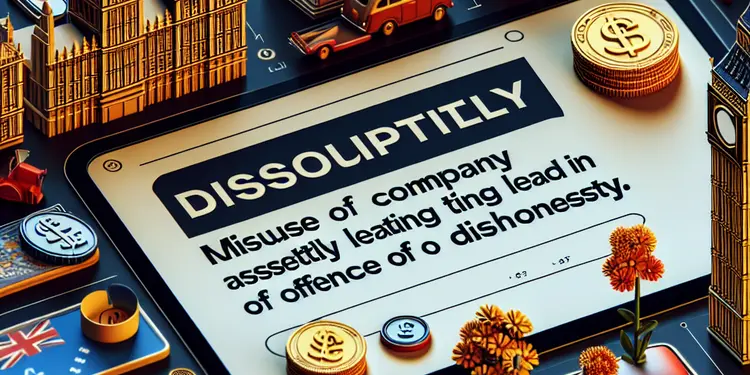
Can misuse of company assets be an offence of dishonesty?
Relevance: 20%
-
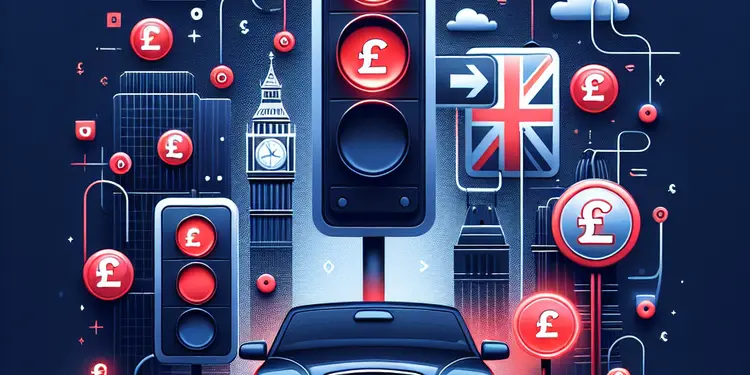
Is it dangerous driving to run a red light?
Relevance: 20%
-
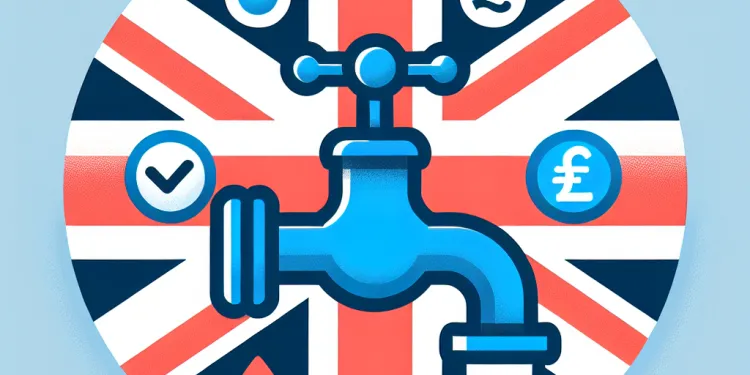
What criteria were used to determine the refunds for UK water companies?
Relevance: 20%
-

Are companies required to inform me if my data is breached?
Relevance: 20%
-

What is the potential for addiction with ketamine?
Relevance: 20%
Legal Implications
A company in the UK that fails to recall a dangerous product may face severe legal consequences. Under UK law, producers must ensure that their products are safe for use. Failing to recall a hazardous product can result in significant fines and legal actions. The Consumer Protection Act 1987 provides that victims of defective products can claim compensation, holding manufacturers liable for any harm caused. Additionally, the company may be subject to regulatory scrutiny and action from bodies like the Office for Product Safety and Standards.
Financial Repercussions
Beyond legal penalties, the financial impact of not recalling a dangerous product can be substantial. Damages awarded in lawsuits can reach staggering amounts, particularly if the defective product causes widespread harm. Furthermore, the company's reputation may suffer, leading to lost sales and diminished customer trust. Financial markets may also react negatively, resulting in decreased share value and increased insurance premiums for the company.
Reputational Damage
Reputational damage is often the most challenging consequence to manage. In today's digital age, news of a dangerous product can spread rapidly through social media and news outlets, significantly harming the company's public image. Customers expect companies to act responsibly, and failure to recall a dangerous product may lead consumers to boycott the brand. The long-term impact can include difficulty in attracting new customers and retaining existing ones, affecting the company’s market position.
Consumer Safety and Trust
Ensuring consumer safety is paramount for any company. Failure to recall a dangerous product can lead to severe consumer injuries or fatalities, which can irrevocably break customer trust. Trust is critical in brand loyalty, and once lost, it can be extremely challenging to regain. Consumers tend to prefer brands they perceive as safe and reliable, and a single misstep can tarnish years of brand building.
Operational Challenges
The operational challenges for a company that fails to recall a dangerous product can include the need for increased scrutiny and compliance measures to prevent future incidents. There may be internal investigations and a need for restructuring quality control and safety checks to prevent recurrence. Additionally, staff morale can be impacted, as employees may lose confidence in the management's ability, leading to turnover and loss of productivity.
Conclusion
The potential consequences for a company failing to recall a dangerous product in the UK are serious and multifaceted. They encompass legal, financial, reputational, and operational challenges, along with the critical aspect of consumer trust and safety. Companies must prioritize robust product safety protocols and swift recall processes to mitigate these risks effectively.
Legal Problems
If a company in the UK doesn't take back a dangerous product, it could get into big legal trouble. The law in the UK says companies must make sure their products are safe. If they don't, they can have to pay a lot of money and face legal issues. People hurt by bad products can ask for money to make up for their injuries. The company might also get checked by safety groups like the Office for Product Safety and Standards.
Money Problems
Not taking back a dangerous product can cost the company a lot. If someone sues them and wins, the company might have to pay a huge amount of money. People might stop buying from the company, which means they make less money. The value of the company in the stock market might also go down, and they might have to pay more for insurance.
Damage to Reputation
This is about how people see the company. If a dangerous product is not recalled, it can make people think badly of the company. Bad news travels fast on social media and news websites. People expect companies to do the right thing. If they don’t, customers might stop buying from them forever. It can then be hard to get new customers or keep old ones.
Customer Safety and Trust
Keeping customers safe is very important. If people get hurt because of a product, they might stop trusting the company. Trust is important. If a company loses trust, it’s hard to win it back. People like to buy from companies that are honest and safe.
Challenges Inside the Company
If a company doesn't recall a dangerous product, they might face problems inside. They might have to make sure safety checks are done better next time. There might be investigations, and this means checking how things are done. Workers might feel unsure about the company and may want to leave, which can make things harder for the company.
Conclusion
If a company doesn’t recall a dangerous product in the UK, it can face many big problems. These include legal and money issues, hurt reputation, and losing customer trust. Companies need to have strong safety checks and be ready to recall products quickly to avoid these problems.
Frequently Asked Questions
What legal actions can be taken against a company that fails to recall a dangerous product?
The company may face lawsuits from consumers, be fined by government agencies, and could face criminal charges depending on the severity of negligence.
Can a company be fined for not recalling a dangerous product?
Yes, regulatory bodies can impose substantial fines on companies that do not comply with product recall requirements.
How can failure to recall a dangerous product affect a company's reputation?
It can severely damage a company's reputation, leading to loss of customer trust, reduced sales, and long-term brand damage.
What are the financial consequences for not recalling a hazardous product?
Financial consequences can include costly legal settlements, loss in sales, stock price declines, and fines from regulatory bodies.
Can executives be held personally liable for not recalling a dangerous product?
In some cases, especially if negligence is proven, executives can be held personally liable for failing to take appropriate action on recalls.
What regulatory bodies can take action against a company for failing to recall a product?
Regulatory bodies such as the Consumer Product Safety Commission (CPSC), Food and Drug Administration (FDA), and equivalent agencies in other countries can take action.
What impact does not recalling a dangerous product have on consumer safety?
It poses significant risks to consumer safety, potentially leading to injuries, illnesses, or even fatalities.
How does failure to recall a product affect investor relations?
Investors may lose confidence in the company, potentially leading to a drop in stock prices and challenges in raising capital.
Are there long-term implications for a company ignoring a product recall?
Yes, long-term implications can include sustained reputational damage, ongoing legal costs, and decreased market share.
What role does media play in a company's failure to recall a dangerous product?
Media can amplify the issue, drawing public attention to the company's negligence and increasing pressure for accountability.
Can a company recover from failing to recall a dangerous product?
Recovery is possible but challenging; it requires transparent crisis management, compensation to those affected, and measures to prevent future issues.
What are the steps companies should take if they realize they've failed to recall a dangerous product?
They should immediately notify regulators, initiate the recall, inform consumers, and take responsibility to mitigate harm.
How can consumer trust be regained after failing to recall a dangerous product?
By taking immediate corrective action, being transparent about corrective measures, and reinforcing commitment to safety.
Is failing to recall a product considered false advertising?
If the product's dangers were known but not disclosed, it could be considered false advertising or misleading consumers.
What internal changes might a company face after failing to recall a dangerous product?
A company might undergo leadership changes, restructure its risk management policies, and enhance product safety protocols.
How does international law treat companies that fail to recall dangerous products?
Laws vary by country, but generally, companies can face international sanctions, import restrictions, and penalties in multiple jurisdictions.
Can failing to recall a product impact other products from the same company?
Yes, failure to recall can affect consumer perception of the entire brand, impacting sales and trust across all products.
What is the impact on corporate social responsibility if a company does not recall a dangerous product?
The company may be seen as neglecting its responsibility to stakeholders, harming its reputation as a socially responsible entity.
How does failing to recall a dangerous product influence industry regulations?
It could lead to stricter regulations and more rigorous oversight within the industry to prevent future occurrences.
Can failing to recall a dangerous product lead to changes in industry standards?
Yes, significant cases of failure can prompt industry-wide reassessment and updates of safety standards and practices.
What can you do if a company does not take back a dangerous product?
If a company does not take back a product that can hurt people, there are things we can do:
- Tell Someone: You can tell the police or a person who makes sure companies follow the rules.
- Go to Court: A judge can decide if the company needs to fix the problem.
- Ask for Help: Sometimes, groups that help people can give advice on what to do next.
Tools to Help You:
- Ask someone you trust to come with you when talking to people.
- Use pictures or simple drawings to understand the steps.
The company could get in trouble. People might sue the company, the government might make them pay money, and they could even get into big legal trouble if things are very bad.
Can a company get in trouble for not taking back a dangerous product?
If a company sells something that is not safe, they should take it back. If they don’t, they might have to pay money as a punishment.
It’s like if you get a toy that breaks easily and can hurt people. The company should fix it or give you a different toy. If they don’t, they might get into trouble.
If reading is hard, try using your finger to point at words as you read them. You can also ask someone you trust to read with you and help explain.
Yes, important rules groups can give big fines to companies that don't follow the rules for taking products back.
What happens to a company's reputation if they don't take back a dangerous product?
Sometimes companies sell things that are not safe. If they don't take these dangerous things back, people might get hurt.
When people find out, they might not trust the company anymore. They could stop buying things from them.
Companies should try to keep everyone safe and fix problems quickly.
If you need help understanding this, you can:
- Ask someone to explain it to you.
- Use pictures to understand better.
- Read slowly and take your time.
This can really hurt how people see a company. It can make customers stop trusting them, which means fewer people buy from them. Over time, the company might get a bad name.
What happens with money if a dangerous product is not taken back?
If a company does not take back a dangerous product, it can lose money in many ways. Here are some things that can happen:
- Fines: The company might have to pay a penalty for breaking the rules.
- Lawsuits: People who got hurt might take the company to court.
- Bad Reputation: People may stop buying from the company because they are upset.
- Insurance Costs: The company's insurance might cost more if they keep the dangerous product.
To help with understanding, using pictures or talking to someone who knows about this can be good. Also, reading with a friend or using a digital reader can make the information easier.
Money problems can happen because of a few things: paying a lot of money in legal fights, losing customers, dropping stock values, or getting fines from rule-keepers.
Can leaders get in trouble for not taking back a dangerous product?
If a product is unsafe and someone in charge does not take it back, they might get in trouble. Sometimes leaders must make sure things are safe. If they do not, they might have to pay or face other consequences.
It is important to tell someone if a product is dangerous. This can help keep everyone safe. Using stories or examples can help understand these rules better. If reading is hard, asking a friend or family member to explain can also help. You could also use tools like text-to-speech apps to make reading easier.
Sometimes, when people in charge make a mistake, they can get into trouble. If something needs to be sent back because it is not safe or working, and they don't do anything about it, they can be blamed personally.
Who can punish a company for not taking back a broken product?
Here is how to understand this question:
- Regulatory bodies: These are groups that make sure companies follow the rules. Think of them like referees in a game.
- Take action: This means to do something about a problem.
- Recall a product: This is when a company takes back something it made because there’s something wrong with it.
If a company makes a product that is not safe, these groups can make the company take it back:
- People who check if products are safe
- People who make sure companies follow the law
- People who look after our health and safety
Tools that can help you understand more:
- Ask someone to read with you.
- Use pictures to help understand the words.
- Use a text-to-speech tool to hear the words out loud.
Groups like the Consumer Product Safety Commission (CPSC) and the Food and Drug Administration (FDA) make sure things are safe. Other countries have their own groups like these.
What happens if a company does not take back a dangerous product?
When a product is dangerous, it can hurt people. If a company does not take back this product, more people might get hurt. This is bad for everyone.
If you want help to understand this, you can:
- Ask someone you trust to explain it.
- Use a reading tool that reads the words out loud.
- Look for videos or pictures that explain the same idea.
This is very dangerous for people. It can make them get hurt, feel sick, or even die.
How does not remembering a product affect investor relations?
When people forget about a product, it can make investors worried. Investors are the people who give money to a company. If a product is not remembered, investors might think the product is not good or important. This can make them think twice about giving money to the company.
To help understand and remember, you can use pictures or simple charts. These tools can make information clearer and easier to understand.
People who give money to the company might stop trusting it. This could make the company’s shares worth less money. It could also make it harder for the company to get more money to use.
What happens if a company does not take back a bad product?
Yes, problems can last a long time. This can make people think badly about the company. The company might need to pay for lawyers for a long time. It could also lose customers.
If you find reading hard, try using tools that read text out loud. You can also use apps that make text bigger.
How can the news affect a company not taking back a dangerous product?
The news, like TV or newspapers, tells people what is happening. If they talk about a bad product, everyone knows about it.
Sometimes, if the news doesn't talk about a product, the company might keep selling it.
If the news says the product is dangerous, the company might be quicker to take it back.
To help understand more, use tools like pictures or videos that explain things simply.
Media can make the problem bigger. It helps more people see what the company did wrong. This makes people want the company to fix their mistake.
If reading is hard, you can use tools like audiobooks or voice readers. These help you listen to the words instead of reading them. You can also ask someone to read with you and talk about the words together. This makes it easier to understand.
Can a company get better if it forgets to take back a bad product?
Getting better after a problem is hard, but it can be done. We need to:
- Be open and honest about the problem.
- Say sorry to people who got hurt and help them.
- Make sure the problem does not happen again.
What should a company do if they forgot to take back a dangerous product?
They should quickly tell the people in charge, start the recall, let customers know, and say sorry to help fix any problems.
How can we make people trust us again after not taking back a bad product?
Here are some ways to help:
- Say Sorry: Tell people you are sorry for the mistake.
- Fix the Problem: Make sure the bad product is taken back and fixed.
- Be Honest: Tell people what you will do to stop this from happening again.
- Listen: Ask people what they think and listen to their ideas.
Helpful tools:
- Pictures and Videos: Use pictures and videos to explain what happened.
- Easy Words: Use simple words and short sentences.
- Ask for Help: Get advice from experts on how to talk to people.
Act right away to fix the problem. Be open and honest about what you are doing to make things right. Show that you care about keeping everyone safe.
Is it lying about a product if you forget to talk about it?
If a company knows their product can be dangerous but does not tell people, it might be tricking people with their ads. This could be called lying or misleading customers.
What happens inside a company if they forget to take back a dangerous product?
A company might get new leaders, change its safety rules, and make its products safer.
What happens to companies that don't take back unsafe products?
Laws are different in each country. But usually, companies can get into trouble in many ways. They might have to deal with international punishments, limits on bringing things into the country, and fines in different places.
For help, you can use tools like: a dictionary to understand words, or ask someone to explain. Breaking big sentences into smaller parts can help too.
Can not remembering one product harm other products from the same company?
Sometimes, people might forget about a product from a company. This can make them not want to buy other things from the same company too. Here are some easy ways to remember:
- Make a list of what you like about the products.
- Use pictures to help remember.
- Ask someone to talk about what they like about the products.
Using these ideas can help you feel good about buying from the company again!
If people forget how good a product is, they might not think the brand is good. This can make them buy less and not trust all the products from that brand.
What happens to a company's social responsibility if they don't take back a bad product?
Let's think about what can happen if a company sells something that isn't safe. If they do not take back the bad product, it might hurt people. This can change how others see the company.
Here are some tips to understand this better:
- Break down the words. "Social responsibility" means doing the right thing for people and the planet.
- Ask an adult to explain if you don't understand.
- Use pictures or drawings to help see the idea.
- Look for videos online that talk about being responsible.
The company might look like it is not taking care of the people it should care about. This might make people think the company is not doing a good job of being helpful to the community.
If you need help reading, try using a text-to-speech tool that reads out loud. You can also ask someone to explain the text to you.
What happens if a company doesn't remember to tell people about a dangerous product?
This could mean there are more rules and checks to make sure problems do not happen again in the future.
Can not taking back a bad product change the rules for making things?
Words to help you understand:
- Recall: Taking back a product because it is not safe.
- Dangerous Product: Something that can hurt people.
- Industry Standards: Rules for making things safely.
Helpful tips:
- Ask someone to explain big words.
- Use pictures to understand ideas better.
- Read slowly and take breaks if needed.
Yes, big mistakes can make people look at safety rules again and make them better.
Useful Links
This website offers general information and is not a substitute for professional advice.
Always seek guidance from qualified professionals.
If you have any medical concerns or need urgent help, contact a healthcare professional or emergency services immediately.
Some of this content was generated with AI assistance. We’ve done our best to keep it accurate, helpful, and human-friendly.
- Ergsy carfully checks the information in the videos we provide here.
- Videos shown by Youtube after a video has completed, have NOT been reviewed by ERGSY.
- To view, click the arrow in centre of video.
- Most of the videos you find here will have subtitles and/or closed captions available.
- You may need to turn these on, and choose your preferred language.
- Go to the video you'd like to watch.
- If closed captions (CC) are available, settings will be visible on the bottom right of the video player.
- To turn on Captions, click settings .
- To turn off Captions, click settings again.
More Items From Ergsy search
-

What are the potential consequences for a company that fails to recall a dangerous product?
Relevance: 100%
-

What is a Product Recall in the UK?
Relevance: 54%
-

Are there any penalties for not complying with a product recall?
Relevance: 50%
-

Can a product recall be voluntary?
Relevance: 49%
-

Can recalled products be resold?
Relevance: 48%
-

How are product recalls managed in the UK?
Relevance: 47%
-

Can product recalls be reversed?
Relevance: 47%
-

What are common reasons for product recalls?
Relevance: 44%
-

How are consumers informed about a product recall?
Relevance: 44%
-

Who can initiate a product recall in the UK?
Relevance: 43%
-

What is the role of the Office for Product Safety and Standards in a recall?
Relevance: 41%
-

What are the consequences of dangerous driving?
Relevance: 39%
-

What role do consumers play in the recall process?
Relevance: 38%
-

How often do product recalls occur?
Relevance: 30%
-

What should I do if a product I own is recalled?
Relevance: 30%
-

What should businesses do if they discover a product defect?
Relevance: 29%
-

Which regulatory authority oversees product recalls in the UK?
Relevance: 29%
-

How long does a product recall usually last?
Relevance: 28%
-

What types of products can be recalled?
Relevance: 28%
-

What is the difference between a product recall and a safety notice?
Relevance: 28%
-

Are all car finance products potentially subject to mis-selling?
Relevance: 26%
-

What is dangerous driving?
Relevance: 25%
-

Legal Experts Warn of Consequences in Upcoming AI Regulation Bill
Relevance: 24%
-

What is the difference between careless driving and dangerous driving?
Relevance: 23%
-

What is considered dangerous driving?
Relevance: 23%
-

Is the production of ketamine regulated?
Relevance: 23%
-

What is a product recall?
Relevance: 23%
-

Is driving without a seatbelt considered dangerous driving?
Relevance: 22%
-

How does the recall process affect consumers?
Relevance: 22%
-

How can dangerous driving affect my insurance?
Relevance: 21%
-

Company Director Disputes
Relevance: 21%
-

What are the consequences for banks not complying with transparency standards?
Relevance: 21%
-

Are there any regulations on the sale of baby sleep pillows?
Relevance: 21%
-

Can dangerous driving lead to a criminal record?
Relevance: 21%
-

Are there specific laws against dangerous driving?
Relevance: 21%
-

Can misuse of company assets be an offence of dishonesty?
Relevance: 20%
-

Is it dangerous driving to run a red light?
Relevance: 20%
-

What criteria were used to determine the refunds for UK water companies?
Relevance: 20%
-

Are companies required to inform me if my data is breached?
Relevance: 20%
-

What is the potential for addiction with ketamine?
Relevance: 20%


